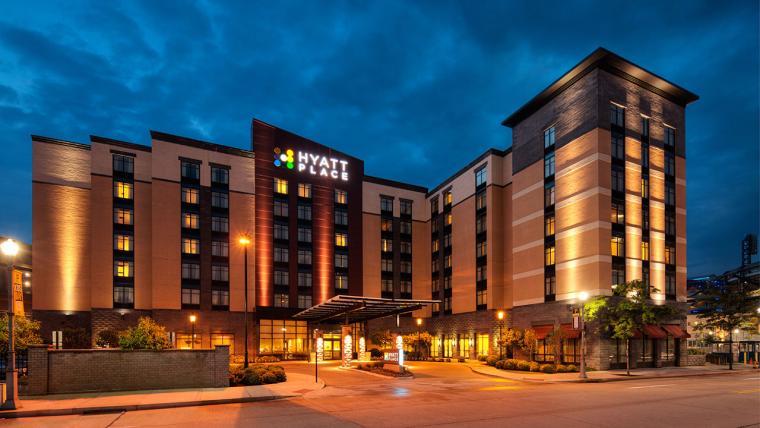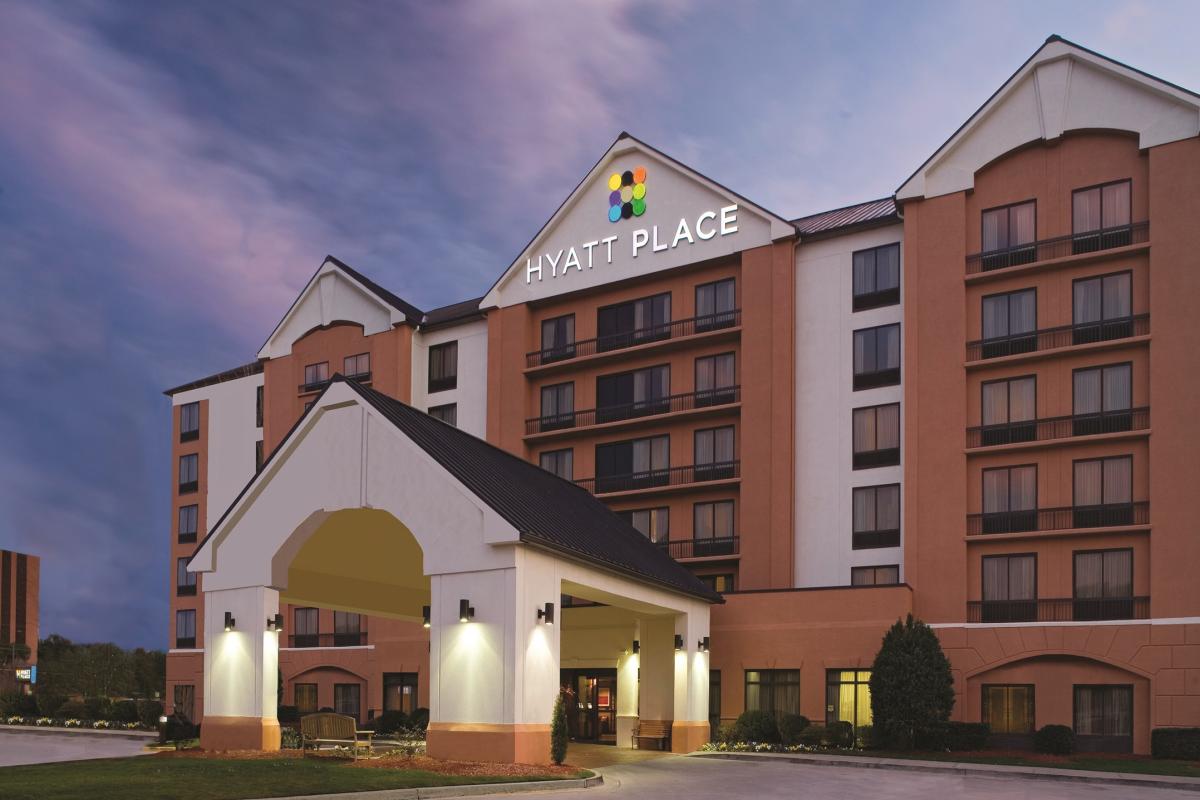

But then again, people outside the sports business industry might think that putting on a swim meet (or anything else) is just as easy – and we all know it’s not. So what is it that sports event owners or rights holders need to know about successfully working with hotels? A few things:
It’s Not a Competition: Unlike sports, negotiations are not win/loss-based. They’re win/win-based. But for many people who come into the business from backgrounds that include sports, that can be a hard adjustment to make, at least initially. A cooperative, rather than a competitive mentality, is key.
The Goal is the Same: The hotel wants to fill its rooms (or in hospitality parlance, put heads in beds) and you want to find a place to stay. So ultimately, both of you want to sign a contract that allows that to happen.
Information is the Most Valuable Commodity: The more information you can provide the hotel, the better off you’ll be and the more likely you will be able to negotiate from a position of strength. Develop a prospectus for your event that includes the following information:
-
Move-in/move-out dates (or a window of dates, if you’re flexible)
-
The number of rooms needed, and how many (approximately) will be used on each night
-
Types of rooms needed (singles, doubles, double/doubles, etc.)
-
Information on the demographics of your athletes: the age of the participants, whether they will be traveling with family, their schedules, etc.
-
Whether participants will be calling in their own reservations and paying for them individually or whether some other arrangement will be made
-
Whether you will require any other space in the hotel (a ballroom for a closing banquet, meeting rooms for officials or media, etc.) and projected number of attendees for those events
-
Any ancillary information you can provide regarding whether you expect your participants to use in-house restaurants, bars, pools, fitness rooms, concierge services or other amenities
-
Any catering needs you expect to have (box lunches, etc.)
-
Whether you expect to be using a tour bus, whether participants will arrive by car, etc.
The more information you can provide to the hotel, the easier it is for them to find out whether your event will be a suitable partner. Remember too that hotels share information, and even if your event is not right for the hotel you approach, that hotel may be able to refer you to a different property, based on the information in your prospectus.
Always Give History: One thing hotels look for is what’s known as history of your event, so another part of your prospectus should include this information. Think of it as a resume, showing what your event has accomplished, including where the event has been previously, rooms used each night, bar/restaurant use, etc. If yours is a new event, don’t be afraid to say so. You may not have as much negotiating clout the first year, but in years to come, you’ll build the history you need – just as a job seeker does, to go back to the resume analogy.
You’ll Need to Give in Order to Gain: In the negotiating process, the first three things you will be seeking are the most important (assuming you have settled on a hotel that you want):
-
Specific dates to book rooms
-
A specific room rate (or at least a general price point)
-
How much space you need in total (this can include sleeping rooms as well as any meeting or banquet facilities)
Dates, rates and space: that’s your wish list. However, it’s not typical to get all three of those things exactly as you have asked for. To get one or more of them, you may need to compromise on the others. As an example, you might be able to lock in the dates you want, but it might be that the room rate is a bit higher, particularly if you’re coming into the city during a very busy season. Or you might get a great room rate over the dates you need, but not enough rooms, in which case, you might have to work with an overflow or secondary property nearby. Event planners often say that it’s good to shoot for two out of three, and be willing to negotiate on the third point.
So assuming you can get two out of three in terms of dates, rates and space, you’ll need to decide which of the two are your priorities. Are your dates flexible, so that you could possibly hold your event another time, such as during an off-peak period at the hotel? Can you work with more than one hotel? Is it imperative to have a specific hotel rate or can your athletes and their families/spectators, etc. afford to pay a bit more? Evaluate your options and decide which is most important.
Something else to remember (going back to the win/win goal) is that the contract has to be mutually beneficial. The hotel needs to make money too, after all. Yours is not the only piece of business available and the hotel certainly has the option of refusing to offer a contract if a person refuses to budge on every single point. Think about what you are bringing to the table, and what you can offer the hotel in return for the things you want.
Reviewing a Contract: Your first look at a hotel contract can be panic-inducing. Make it easy on yourself by examining it for specific points:
-
What charges will go on the event’s master account (for example, catering, banquet space rentals, etc.) and what guests are responsible for (nightly room charges, room service, etc.)
-
Cancellation penalties, particularly if you’re negotiating a year or more in advance
-
Room block release date (that is, when the hotel stops holding hotel rooms exclusively for your group and makes those rooms available to the public; usually, this is 30 days prior to the start of the room block); check also to see whether reservations from your group that arrive past that date can receive the rate you negotiated. It may be this is available, but unless you ask, it won’t be.
-
Any language locking you into payment for the entire room block or penalizing you for shortfall
-
Whether room rates stated on the contract are inclusive or exclusive of taxes, etc.
Additionally, you will want to make sure your participants’ best interests are covered by asking the following questions (and having the answers reflected in the contract):
-
What will happen if the hotel suddenly finds itself unable to accommodate one or more of your participants, who then needs to be moved to a different hotel? (This is called ‘walking,’ in hospitality terminology.) What hotel will they be in? Will they have transportation to and from all the sports events? How will they be compensated? What room rate will they be paying?
-
If a participant has to leave suddenly in the middle of the tournament, does the hotel add penalties for early departure?
-
Does the hotel have construction planned for that time or space, or even nearby? For some events, this can be a deal-killer.
-
Are there charges for Wi-Fi (and if so, are they per room, per guest or per device)?
-
Are there any other groups in-house that would constitute a problem or a distraction to your group? While you can’t tell the hotel to kick out guests who are already contracted for the same hotel, you can look for a different property, if need be.
Many, if not all, points on a contract are negotiable, at least in part, but that you’ll need to work with the hotel on a give-and-take basis.
It is always recommended that you have a contract reviewed by someone with legal expertise, or at least by someone with experience in hotel negotiations, especially for first-timers who don’t want to make a mistake.
Remember: it’s not wrestling, where you need to pin your opponent down to win. It’s negotiation, where both parties meet in the middle and still come away victorious.

